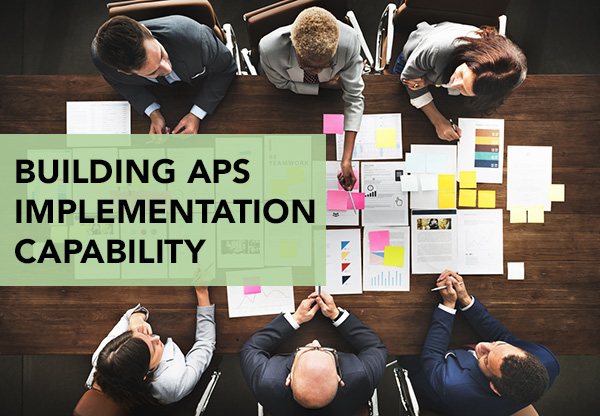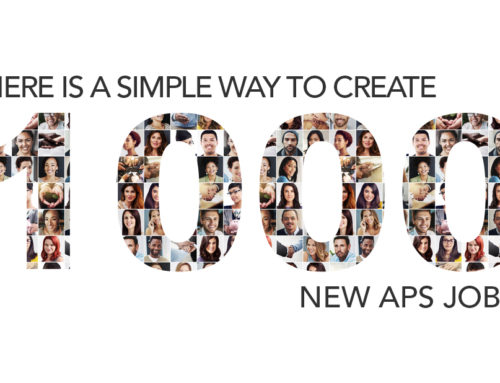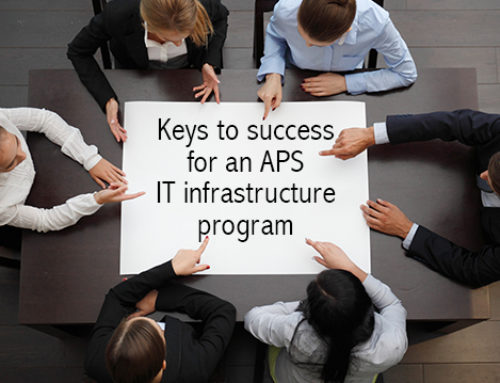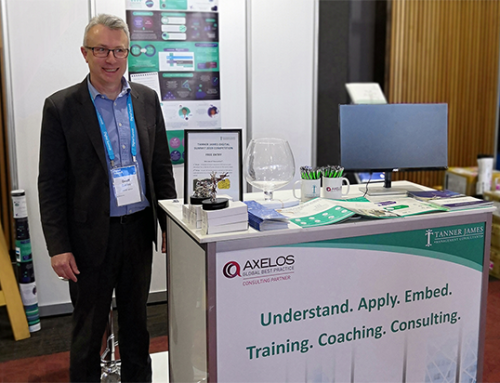I believe there was a lot of good stuff in the 2016 report “Learning from Failure” by Professor Peter Shergold AC. But that was two years ago, so everyone has moved on from then, right? I sincerely hope not.
In his review Professor Shergold identified 10 key lessons to be learned, the first one of which was “Policy is only as good as the manner in which it is implemented”. If there is one area where I think everyone admits more progress is still required, this is it. So what can be done…?
We must first recognise policy implementation is challenging
Policy implementation usually involves the introduction of change to public service departments and the outcomes to be delivered. Often this change is on a large scale. Introducing such change brings with it a number of features and challenges:
- Working across organisational boundaries inside and outside the public service;
- Dealing with multiple stakeholders and conflicting interests;
- Knowing who has accountability and responsibility for what;
- Maintaining alignment between strategic objectives and day-to-day work;
- Creating clarity of purpose, such that all involved know what must be done by when;
- Working with new and unfamiliar concepts or technologies, often in demanding timescales
How can the challenges be addressed?
Programmes and projects are the means by which we introduce change. They are both temporary, flexible organizations, run using the professional disciplines of programme management and project management. They are perfect for managing policy implementation – but only when done well.
Unfortunately the APS isn’t great at programme management and project management. That’s not just my opinion, that’s also clear from the Shergold Review, which made the following points1:
- The terms ‘project management’ and ‘programme management’ are often used interchangeably in the APS without full understanding of their meaning.
- Public service departments with mature programme management capabilities value the experience and skill of their professionals. They assist them to gain experience and acquire professional accreditation.
- Having a single point of accountability is a cornerstone of project management methodologies. Accountability for the success of a policy’s implementation must remain squarely with the SRO.
- Project and programme managers require minimum standards of competency and ongoing professional development.
So should the APS simply (continue to) outsource programmes and projects lock stock and barrel to firms, companies and contractors? Well, at the risk of upsetting my fellow commercial business owners, in my view the answer is no. That is the current practice, but it is expensive and it isn’t working.
Implementing change in the public service is much easier when programmes and projects are correctly set-up as temporary organizations, and effectively governed and managed by public servants who have the required competencies for their programme or project management roles.
Will the APS ever actually do anything about this?
I am an optimistic person, and I think it will. In my last blog I pointed out that the Terms of Reference for the current APS Review contains the following:
“The APS has a critical role in assisting government manage and respond to new and emerging challenges — both in policy and implementation. But it must be best placed to harness the opportunities, with the necessary in-house capability to both develop and implement solutions.”
“The APS must retain the key competencies and capabilities to discharge its responsibilities.”
The bottom-line:
If the APS really wants to see a marked change in its policy implementation capabilities, how about we equip it with the professional programme and project management skills it really needs and stop outsourcing things to external providers.
Note 1: The full report can be downloaded here: http://www.apsc.gov.au/publications-and-media/current-publications/learning-from-failure Content in italics has been sourced directly from this ASPC publication. This material is licenced for reuse under a Creative Commons BY Attribution 3.0 Australia licence.
Do you agree?
If you’re from one of firms, companies and contractors who undertake programmes and projects for the APS, feel free to challenge my assertions. Let the debate begin!
Please comment on the blog itself or via Linked In.
Feel free to call me personally on 0407 404 688 or email me at john.howarth@tannerjames.com.au






Leave A Comment